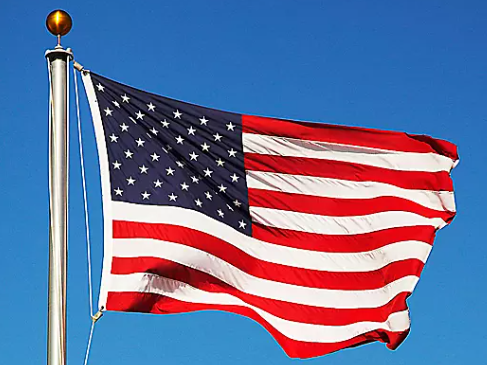The Significance of Memorial Day

Memorial Day is a federal holiday in the United States that is celebrated annually on the last Monday of May. This day honors the brave men and women who died while serving in the United States Armed Forces. The holiday originated as Decoration Day after the American Civil War when citizens would decorate the graves of fallen soldiers with flowers and flags. In 1971, Memorial Day was declared a federal holiday on the last Monday of May.

The significance of Memorial Day is to honor and remember those who made the ultimate sacrifice to defend our nation. It is a day to reflect on the bravery and selflessness of those who served in the military and to pay tribute to their sacrifice. It also serves the purpose of educating the younger generation of children on the constant sacrifices made by our country to ensure our freedom. Memorial Day reminds us that freedom comes at a cost and that we must never forget the sacrifices made by those who fought to protect our freedoms.
On Memorial Day, people across the country visit cemeteries and memorials to pay their respects to fallen soldiers. Many people also participate in parades and other events to honor the military. This day is a time to come together as a nation to remember and honor the brave men and women who gave their lives for our country. Traditionally, on Memorial Day, volunteers often place small American flags on each grave site at national cemeteries. A national moment of remembrance takes place at 3:00 p.m. local time.
In conclusion, Memorial Day is a time to remember and honor the sacrifices made by those who served in the United States Armed Forces. It is a day to reflect on the bravery and selflessness of those who fought to protect our freedoms. Memorial Day is not a morbid tradition, but rather a celebratory tradition as an act of remembrance. Memorial Day is a reminder that freedom comes at a cost and that we must never forget the sacrifices made by those who gave their lives for our country.






